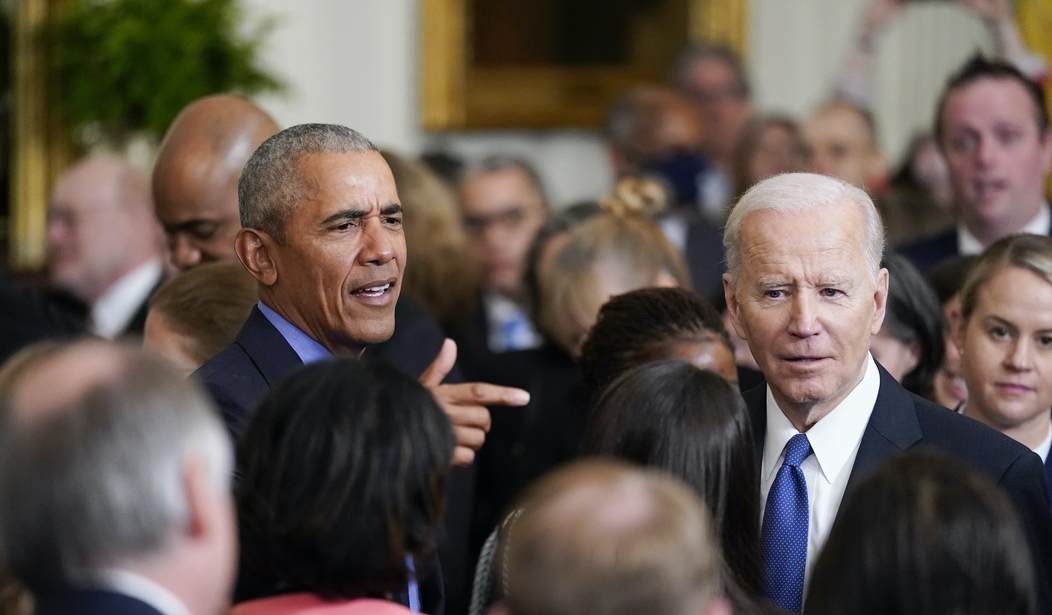WATTSBURG, Pennsylvania -- In July of 2009, Joe Biden, then the vice president of the United States, came to this Erie County town to discuss the federal stimulus monies that would be used here and in other rural regions to expand broadband access to the internet.
Biden was here as part of a full-court press to ease the public's concerns over the then-unprecedented $787 billion stimulus package that President Barack Obama had signed just weeks after taking office. I had covered his visit here at Seneca High School, just outside of Erie, when he praised the promise of a $4 billion package of grants and loans available that he said would once and for all extend broadband internet access to rural and other underserved areas of the country.
Biden peppered the 100 or so attendees with anecdotal stories, calling farmers "the smartest people I know" while discussing the ability for places like Seneca High School to apply for grants.
"The bottom line is, you can't function, a nation can't compete in the 21st century without an immediate, high-quality access for everything from streaming video to information over line," Biden said.
"Getting broadband to every American is a priority for this administration," Biden concluded.
Biden had been instrumental in getting the 2009 recovery act through Congress, and once it was passed, he was then in charge of supervising the stimulus for the Obama administration.
However, the then-largest fiscal stimulus in history became politically toxic almost immediately. Opposition to it by Republicans, culturally conservative Democrats and independent voters brought about the birth of the Tea Party movement, and within just over a year from his visit here, the Democrats lost a whopping 63 seats in the Obama-Biden administration's first midterm elections.
Recommended
A study from the Pew Research Center showed in 2014 that a plurality of people still adamantly believed the stimulus was a bad idea. Why? First, because voters believed too much money was spent, and second because voters believed there was little to show for it.
Like broadband.
Those voters weren't wrong. The General Services Administration, an independent agency of the U.S. government, concluded in 2012 that stimulus money allocated for broadband never lived up to the promises Biden had made that day.
The GSA report said it found the projects that were allotted money for broadband access in rural America were "difficult to measure" because the Rural Utilities Service, part of the Department of Agriculture, did not establish performance metrics for measuring the progress in deploying infrastructure.
In short, the government candidly admitted it was unable to track the awardees' progress in completing construction Biden promised would give broadband access to rural America.
A decade later, progress hasn't been impressive. As of today, more than 42 million people in our country have no access to broadband, according to BroadbandNow, a data technology company.
So, what happened to that promise of broadband for everyone in 2009 -- a selling point for Biden to get the stimulus package passed that he was integral in doing? Based on the government's own records, the man put in charge of making sure all of those promises were met did not do his job well.
The interesting thing is not only was Biden never held accountable for the failure, but he has come up with a new taxpayer-funded infrastructure initiative called the Broadband Equity, Access, and Deployment Program. (It always is interesting how often this administration can place "equity" or "climate" in a program.) The BEAD Program was allotted a whopping $42.45 billion grant program that was created in Biden's 2022 version of his stimulus program.
How has no one asked this administration what happened to the other billions that he promised would give rural Americans broadband 14 years ago? Or how they plan on fixing the mistakes they made back then? Instead, Biden just rolls out $42 billion and boasts he will make access to high-speed broadband universal by 2030.
When Sen. Tommy Tuberville, R-Ala., tweeted that broadband was a vital success for the rural communities of his home state of Alabama last week, the press focused on Biden mocking him in a retweet that quipped, "See you at the groundbreaking."
What the press should have spent time on was why there wasn't broadband already in Alabama's rural communities as pledged by Biden as vice president in 2009. Why wasn't there an accounting of where that money went to outside of a buried government report?
When Biden rolled out his broadband equity program two weeks ago, he boasted that he had received letters and emails from across the country from people who were thrilled that after so many years of waiting, they were finally going to get high-speed internet.
He cited one message from a woman in Iowa describing the development as "the best thing that's happened in rural America since the Rural Electrification Act," referring to the push under President Franklin Delano Roosevelt to bring electricity to farms and ranches nationwide.
It was the same reference both he and Obama used repeatedly in 2009, and you have to wonder: Who will remember to hold this administration accountable in 2030? Certainly no one has remembered to do that this year.

























Join the conversation as a VIP Member